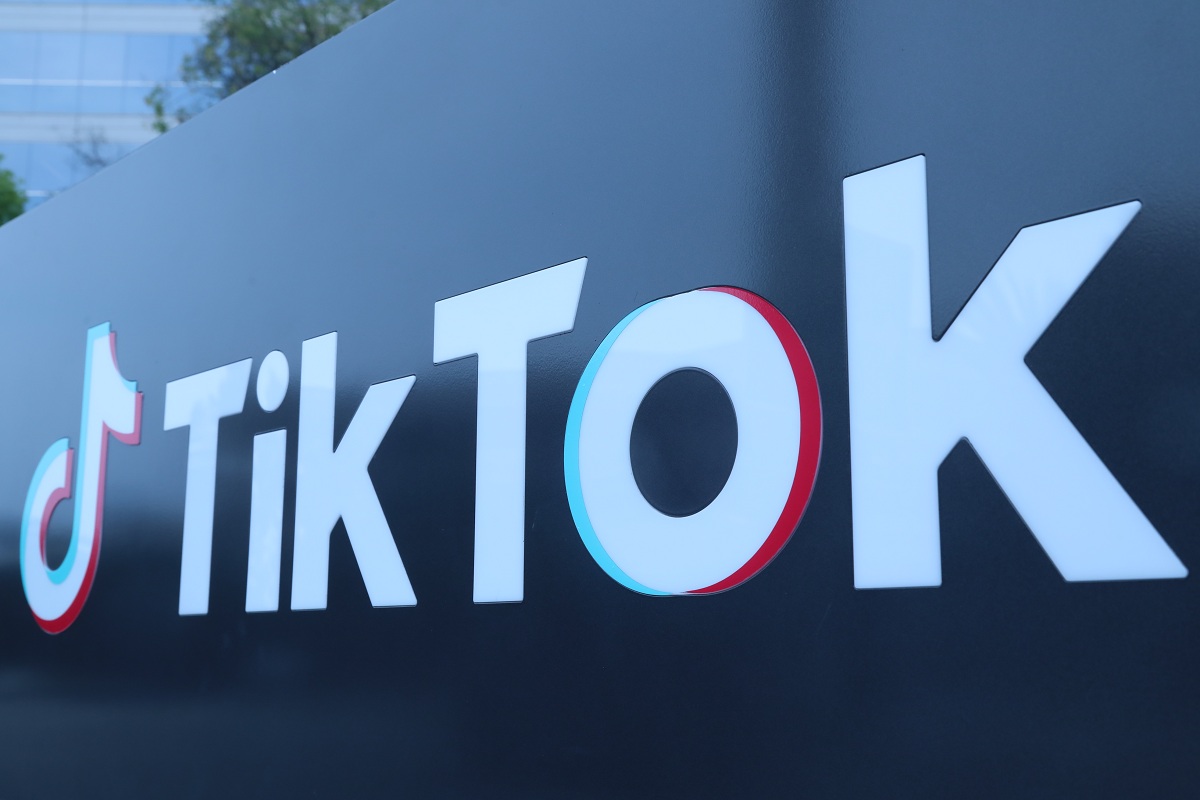An appeals court has cleared the way for shutting down TikTok in the US unless its Chinese owners sell it by January 19, upholding a law passed by Congress to safeguard national security.
The court on Friday threw out the appeal by TikTok against the law disagreeing with the company’s Chinese owner’s contention that the law violated the Constitution’s guarantee of freedom of expression.
Advertisement
“The government acted solely to protect that freedom from a foreign adversary nation and to limit that adversary’s ability to gather data on people in the US,” Judge Douglas Ginsburg wrote in the majority opinion.
Attorney General Merrick Garland, whose department defended the law, welcomed the ruling.
“Today’s decision is an important step in blocking the Chinese government from weaponising TikTok to collect sensitive information about millions of Americans, to covertly manipulate the content delivered to American audiences, and to undermine our national security,” he said summarising the lawmakers’ opposition to TikTok.
While it is ironic that a company operating under the iron fist of the Chinese Communist Party invokes the US Constitution’s free expression guarantee, ByteDance said it will appeal the ruling to the Supreme Court.
The social media for short videos is owned by ByteDance and has about 170 million users in the US.
Under the law passed in April and signed by President Joe Biden, app stores like Google and Apple cannot provide TikTok in the US, and internet hosting companies cannot support it from January 19.
If they do not comply, they could face fines running into billions of dollars because the penalty is $5,000 for each user given access to TikTok.
The January 19 date is significant because it is two days before Donald Trump, who once supported the ban but changed his mind, becomes President.
He can ask Congress to rescind the law and in the interim not enforce it or accept cosmetic changes in ByteDance’s ownership as complying with the law.
In 2020, Trump citing national security risks unilaterally ordered it sold or face a ban, and while several companies scrambled to buy it, a court stayed the order.
Joe Biden, who succeeded him, revoked the order, but Congress enacted the law requiring its sale.
Trump changed his mind while out of office because it did not ban or restrict him like several US social media gaints and said he was for allowing it to operate in the US.
Of the three judges in the Washington DC Court of Appeals panel, two were Indian Americans.
Judge Naomi Rao concurred with Ginsburg, while Chief Judge Srinath Srinivasan wrote a separate judgment also upholding the ban.
India banned TikTok and 58 other apps in 2020 over national security concerns.











